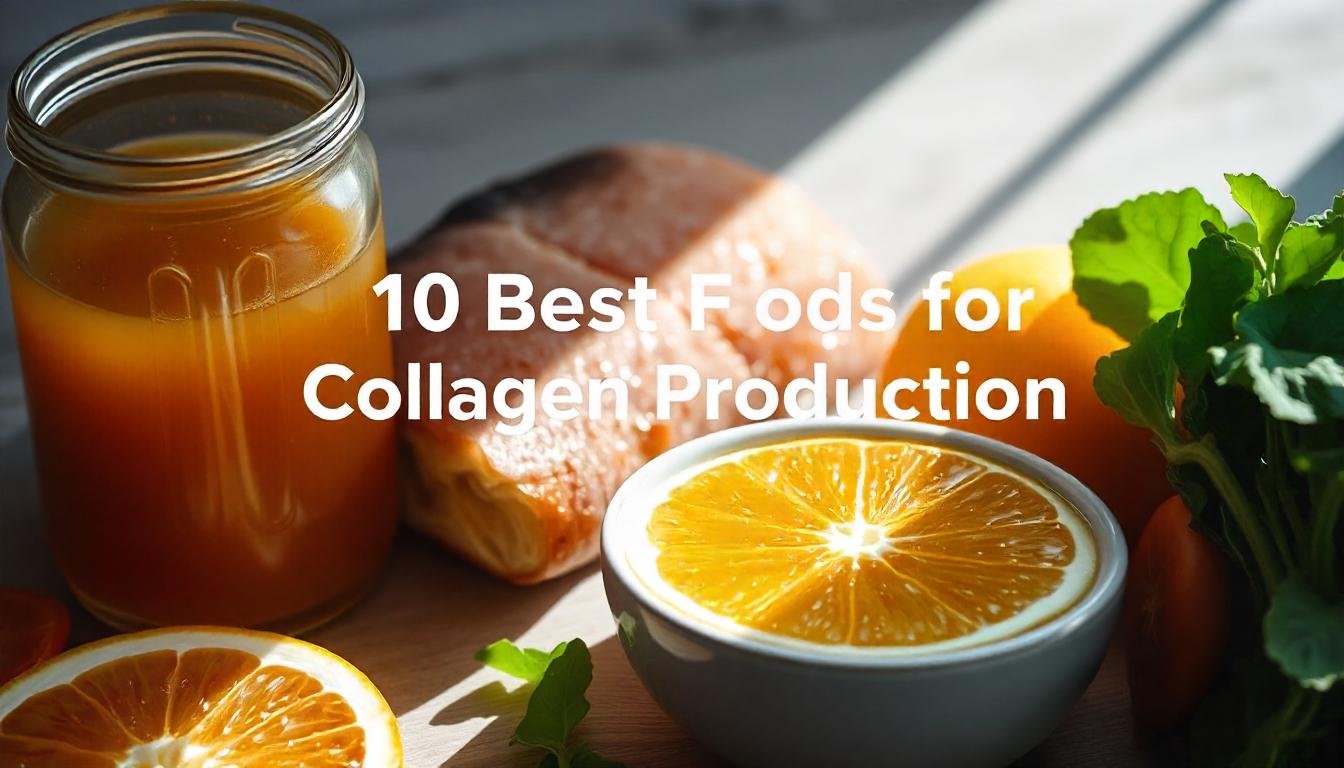
“10 Best Foods for Collagen Production”
“10 Best Foods for Collagen Production”
“Discover the 10 best foods for collagen production and enhance your skin, hair, and joint health naturally with these nutrient-rich foods.”
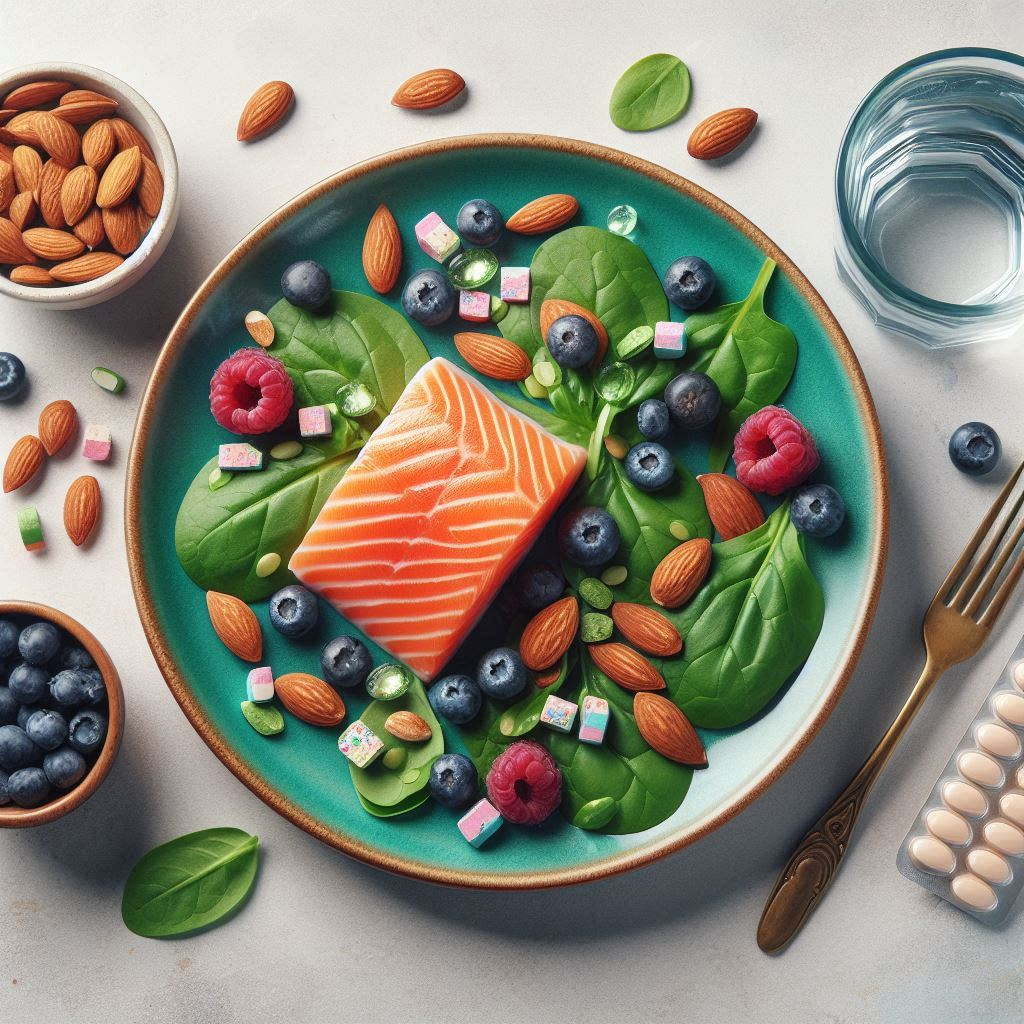

Introduction
Brief Overview of Collagen and Its Importance
Collagen is the most abundant protein in the human body, making up about 30% of the body’s total protein content. It is a major component of connective tissues, including skin, hair, nails, bones, tendons, and ligaments. Collagen provides structure, strength, and elasticity to these tissues, playing a crucial role in maintaining their health and integrity.
Benefits of Natural Collagen Production
Natural collagen production is essential for maintaining youthful skin, strong bones, and healthy joints. As we age, collagen production decreases, leading to wrinkles, sagging skin, and joint pain. By incorporating collagen-boosting foods into your diet, you can support your body’s natural collagen production, promoting overall health and vitality.

Food 1: Bone Broth
Nutritional Profile of Bone Broth
Bone broth is rich in collagen, gelatin, amino acids, and minerals such as calcium, magnesium, and phosphorus. These nutrients are extracted from the bones and connective tissues during the slow cooking process, making bone broth a highly nutritious and collagen-rich food.
How Bone Broth Supports Collagen Production
Bone broth provides the body with the building blocks needed for collagen synthesis. The gelatin in bone broth is a form of collagen that helps support the health of skin, joints, and gut lining. Consuming bone broth regularly can help replenish collagen levels, improve skin elasticity, and reduce joint pain.
Ways to Incorporate Bone Broth into Your Diet
- Drink it as a Warm Beverage: Enjoy a cup of bone broth as a warm, soothing drink.
- Use it as a Base for Soups and Stews: Add bone broth to your favorite soups and stews for added flavor and nutrition.
- Cook Grains and Vegetables in Bone Broth: Use bone broth instead of water to cook grains like rice or quinoa, or to steam vegetables.
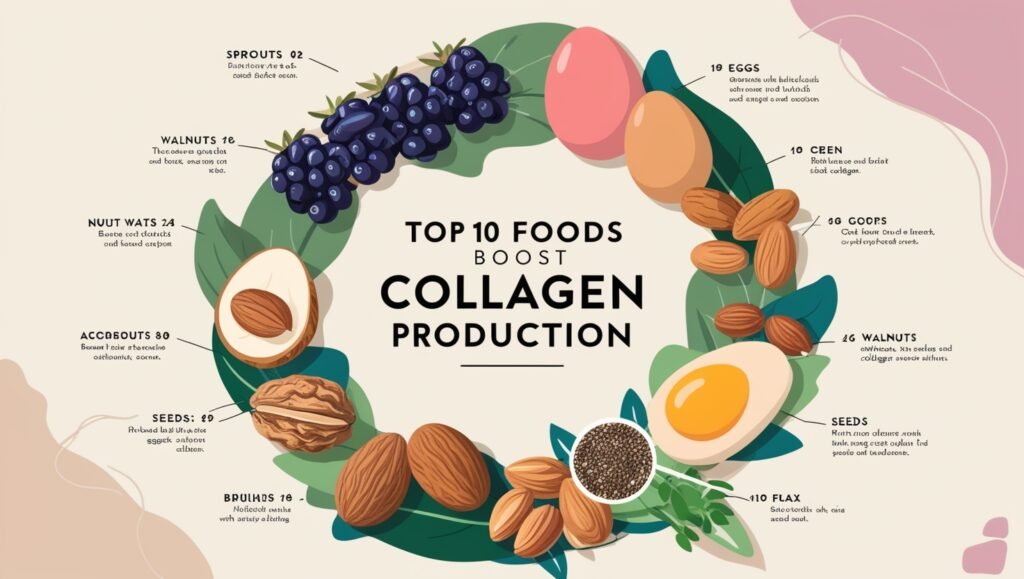
Food 2: Fish
Types of Fish Rich in Collagen
Fish, especially those with skin and bones, are excellent sources of collagen. Some of the best fish for collagen production include salmon, mackerel, sardines, and tuna. These fish are also rich in omega-3 fatty acids, which support overall skin and joint health.
Benefits of Fish for Skin and Joint Health
Fish collagen is easily absorbed by the body and helps improve skin elasticity, hydration, and firmness. The omega-3 fatty acids in fish also reduce inflammation and support joint health, making fish a valuable addition to a collagen-boosting diet.
Delicious Fish Recipes to Try
- Grilled Salmon with Lemon and Herbs: A simple and flavorful dish that provides a good dose of collagen and omega-3s.
- Sardine Salad: Combine sardines with fresh greens, avocado, and a light vinaigrette for a nutritious and collagen-rich meal.
- Fish Tacos: Use grilled or baked fish fillets in soft tortillas, topped with fresh salsa and avocado for a delicious and healthy meal.
Food 3: Citrus Fruits
Role of Vitamin C in Collagen Synthesis
Vitamin C is essential for collagen synthesis as it helps convert the amino acids proline and lysine into collagen. Without adequate vitamin C, the body cannot produce collagen effectively. Citrus fruits are rich in vitamin C, making them excellent for supporting collagen production.
Best Citrus Fruits for Collagen Production
Some of the best citrus fruits for collagen production include oranges, lemons, limes, grapefruits, and tangerines. These fruits are not only high in vitamin C but also contain other antioxidants that support skin health.
Creative Ways to Add Citrus Fruits to Your Meals
- Citrus Salad: Combine various citrus fruits with fresh greens, nuts, and a light dressing for a refreshing and collagen-boosting salad.
- Citrus-Infused Water: Add slices of lemon, lime, or orange to your water for a flavorful and vitamin C-rich drink.
- Citrus Marinades: Use citrus juice as a base for marinades to add flavor and boost collagen production in your meals.
Food 3: Citrus Fruits
Role of Vitamin C in Collagen Synthesis
Vitamin C is essential for collagen synthesis as it helps convert the amino acids proline and lysine into collagen. Without adequate vitamin C, the body cannot produce collagen effectively. Citrus fruits are rich in vitamin C, making them excellent for supporting collagen production.
Best Citrus Fruits for Collagen Production
Some of the best citrus fruits for collagen production include oranges, lemons, limes, grapefruits, and tangerines. These fruits are not only high in vitamin C but also contain other antioxidants that support skin health.
Creative Ways to Add Citrus Fruits to Your Meals
- Citrus Salad: Combine various citrus fruits with fresh greens, nuts, and a light dressing for a refreshing and collagen-boosting salad.
- Citrus-Infused Water: Add slices of lemon, lime, or orange to your water for a flavorful and vitamin C-rich drink.
- Citrus Marinades: Use citrus juice as a base for marinades to add flavor and boost collagen production in your meals.
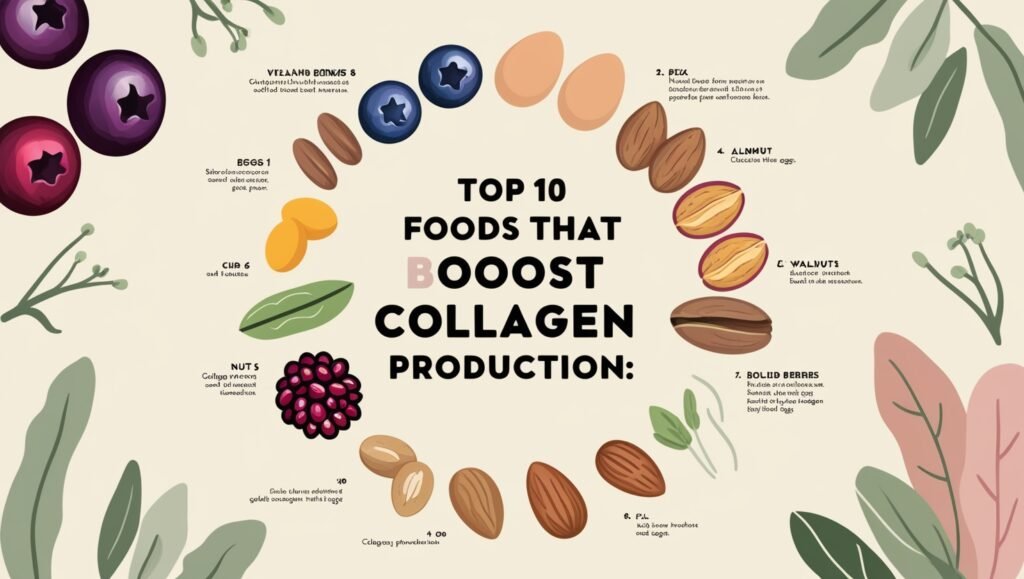
Food 4: Leafy Greens
Nutrients in Leafy Greens That Boost Collagen
Leafy greens are packed with nutrients that support collagen production, including vitamins A, C, and K, as well as antioxidants and chlorophyll. These nutrients help protect collagen from damage and promote its synthesis in the body.
Top Leafy Greens for Collagen Production
Some of the best leafy greens for collagen production include spinach, kale, Swiss chard, and collard greens. These greens are not only rich in collagen-boosting nutrients but also provide a host of other health benefits.
Tips for Including More Leafy Greens in Your Diet
- Smoothies: Add a handful of spinach or kale to your morning smoothie for a nutrient boost.
- Salads: Create colorful salads with a mix of leafy greens, vegetables, and a healthy dressing.
- Stir-Fries: Incorporate leafy greens into stir-fries for a quick and nutritious meal.
- Soups: Add chopped leafy greens to soups and stews for added flavor and nutrition.
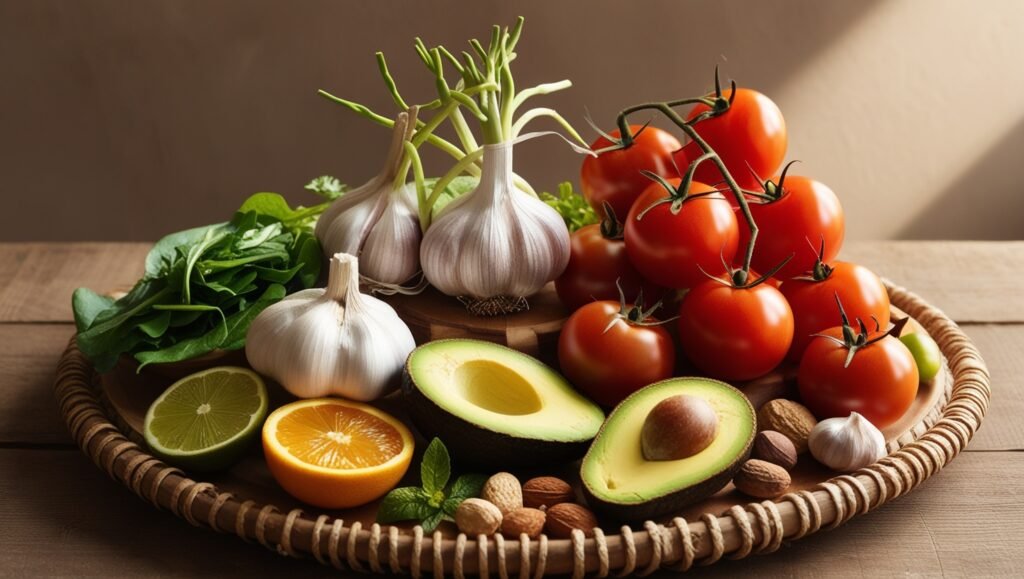
Food 5: Berries
Antioxidant Properties of Berries
Berries are rich in antioxidants, such as vitamin C and anthocyanins, which help protect collagen from damage caused by free radicals. These antioxidants also support overall skin health and reduce inflammation.
How Berries Support Collagen Health
The high vitamin C content in berries aids in collagen synthesis, while the antioxidants help maintain the integrity of existing collagen. Regular consumption of berries can improve skin elasticity, hydration, and overall appearance.
Berry Recipes and Snack Ideas
- Berry Smoothie: Blend a mix of berries with yogurt, spinach, and a splash of almond milk for a delicious and collagen-boosting smoothie.
- Berry Parfait: Layer berries with Greek yogurt and granola for a nutritious and satisfying snack.
- Berry Salad: Combine fresh berries with leafy greens, nuts, and a light vinaigrette for a refreshing and healthy salad.
- Berry Oatmeal: Top your morning oatmeal with a handful of fresh or frozen berries for added flavor and nutrition.
Food 6: Eggs
Collagen-Boosting Nutrients in Eggs
Eggs are a great source of collagen-boosting nutrients, including protein, sulfur, and vitamins A and D. The high protein content in eggs provides the amino acids necessary for collagen synthesis, while sulfur supports the production of collagen and keratin, essential for healthy skin and hair.
Benefits of Eggs for Skin and Hair Health
- Skin Health: The nutrients in eggs help maintain skin elasticity, reduce wrinkles, and promote a healthy complexion.
- Hair Health: Eggs provide the building blocks for keratin, a protein that strengthens hair and promotes growth.
Easy Egg Recipes for Any Meal
- Scrambled Eggs with Spinach: A quick and nutritious breakfast option.
- Egg Salad: Combine boiled eggs with avocado, mustard, and herbs for a healthy lunch.
- Omelette: Fill with vegetables, cheese, and lean meats for a versatile meal.
Food 7: Nuts and Seeds
Essential Fatty Acids and Minerals in Nuts and Seeds
Nuts and seeds are rich in essential fatty acids, such as omega-3 and omega-6, as well as minerals like zinc and magnesium. These nutrients support collagen production and overall skin health.
Best Nuts and Seeds for Collagen Production
- Almonds: High in vitamin E, which protects collagen from damage.
- Chia Seeds: Rich in omega-3 fatty acids that support skin hydration and elasticity.
- Pumpkin Seeds: Contain zinc, which is essential for collagen synthesis.
How to Incorporate Nuts and Seeds into Your Diet
- Snacks: Enjoy a handful of nuts or seeds as a healthy snack.
- Smoothies: Add chia seeds or flaxseeds to your smoothies for an extra nutrient boost.
- Salads: Sprinkle nuts or seeds on top of salads for added crunch and nutrition.
Food 8: Garlic
Sulfur Compounds in Garlic That Aid Collagen Production
Garlic contains sulfur compounds, such as allicin, which help boost collagen production. Sulfur is essential for the formation of collagen and other proteins that support skin and joint health.
Health Benefits of Garlic for Skin and Joints
- Skin Health: Garlic’s sulfur compounds help maintain skin elasticity and reduce signs of aging.
- Joint Health: The anti-inflammatory properties of garlic can help reduce joint pain and support overall joint health.
Tasty Ways to Use Garlic in Your Cooking
- Garlic Roasted Vegetables: Toss your favorite vegetables with olive oil and minced garlic, then roast until tender.
- Garlic Butter: Mix minced garlic with softened butter and spread on bread or use as a topping for meats and vegetables.
- Garlic Marinades: Use garlic as a base for marinades to add flavor and boost collagen production in your meals.
Food 9: Tomatoes
Lycopene and Its Role in Collagen Protection
Lycopene is a powerful antioxidant found in tomatoes that helps protect collagen from damage caused by free radicals. This antioxidant also supports skin health by reducing inflammation and preventing the breakdown of collagen, which is essential for maintaining skin elasticity and firmness.
Benefits of Tomatoes for Skin Health
- Anti-Aging: Lycopene helps reduce the appearance of fine lines and wrinkles by protecting collagen and promoting skin elasticity.
- Sun Protection: The antioxidants in tomatoes can help protect the skin from UV damage, reducing the risk of sunburn and long-term skin damage.
- Hydration: Tomatoes are rich in water content, which helps keep the skin hydrated and plump.
Tomato-Based Recipes to Enjoy
- Tomato Salad: Combine fresh tomatoes with basil, mozzarella, and a drizzle of olive oil for a refreshing and collagen-boosting salad.
- Tomato Soup: Make a creamy tomato soup with fresh tomatoes, garlic, and herbs for a comforting and nutritious meal.
- Tomato Salsa: Mix diced tomatoes with onions, cilantro, lime juice, and jalapeños for a zesty salsa that pairs well with various dishes.
Food 10: Avocados
Healthy Fats and Vitamins in Avocados
Avocados are rich in healthy fats, particularly monounsaturated fats, which support collagen production and overall skin health. They also contain vitamins E and C, which are essential for collagen synthesis and protection.
How Avocados Support Collagen Production
- Healthy Fats: The monounsaturated fats in avocados help maintain skin moisture and elasticity, supporting collagen structure.
- Vitamin E: This antioxidant protects collagen from oxidative damage and promotes skin healing.
- Vitamin C: Essential for collagen synthesis, vitamin C in avocados helps maintain skin firmness and elasticity.
Delicious Avocado Recipes and Meal Ideas
- Avocado Toast: Spread mashed avocado on whole-grain toast and top with a sprinkle of salt, pepper, and red pepper flakes for a quick and nutritious breakfast.
- Guacamole: Make a classic guacamole with mashed avocados, lime juice, cilantro, onions, and tomatoes for a delicious dip.
- Avocado Smoothie: Blend avocado with spinach, banana, and almond milk for a creamy and collagen-boosting smoothie.
Conclusion
Recap of the 10 Best Foods for Collagen Production
To summarize, incorporating these 10 foods into your diet can significantly boost collagen production and improve your skin, hair, and joint health:
- Bone Broth: Rich in collagen, gelatin, and minerals.
- Fish: High in collagen and omega-3 fatty acids.
- Citrus Fruits: Packed with vitamin C for collagen synthesis.
- Leafy Greens: Full of vitamins and antioxidants that support collagen.
- Berries: Rich in antioxidants that protect collagen.
- Eggs: Provide essential amino acids and sulfur for collagen production.
- Nuts and Seeds: Contain healthy fats and minerals that boost collagen.
- Garlic: Sulfur compounds aid collagen production.
- Tomatoes: Lycopene protects collagen and supports skin health.
- Avocados: Healthy fats and vitamins E and C support collagen production.
Encouragement to Include These Foods in Your Diet for Better Skin, Hair, and Joint Health
Incorporating these collagen-boosting foods into your diet can help you maintain youthful skin, strong hair, and healthy joints. By making these nutrient-rich foods a regular part of your meals, you can support your body’s natural collagen production and enjoy the benefits of improved overall health and vitality.
They also contain vitamins E and C, which are essential for collagen synthesis and protection. Avocados are a great addition to your diet for collagen production. Try these delicious avocado recipes and meal ideas. Incorporating these collagen-boosting foods into your diet can help improve your skin, hair, and joint health.

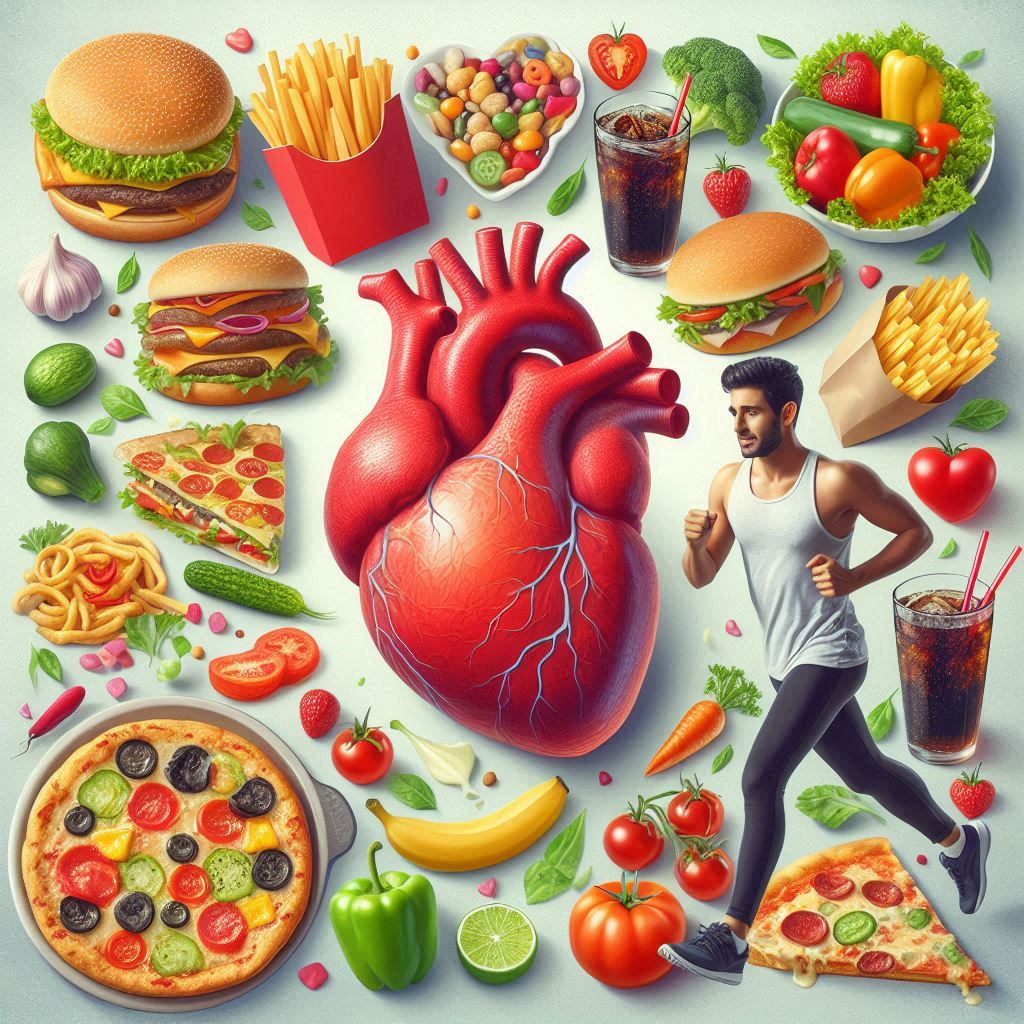

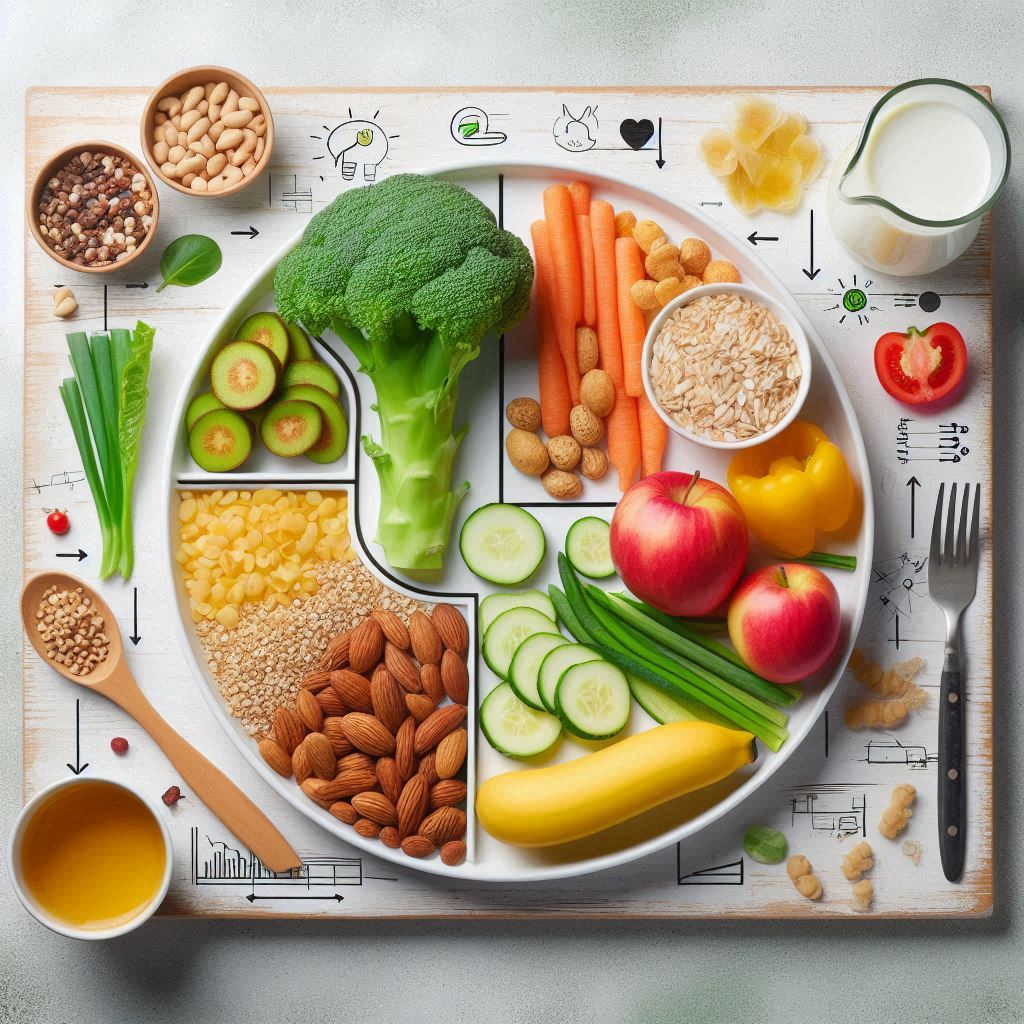
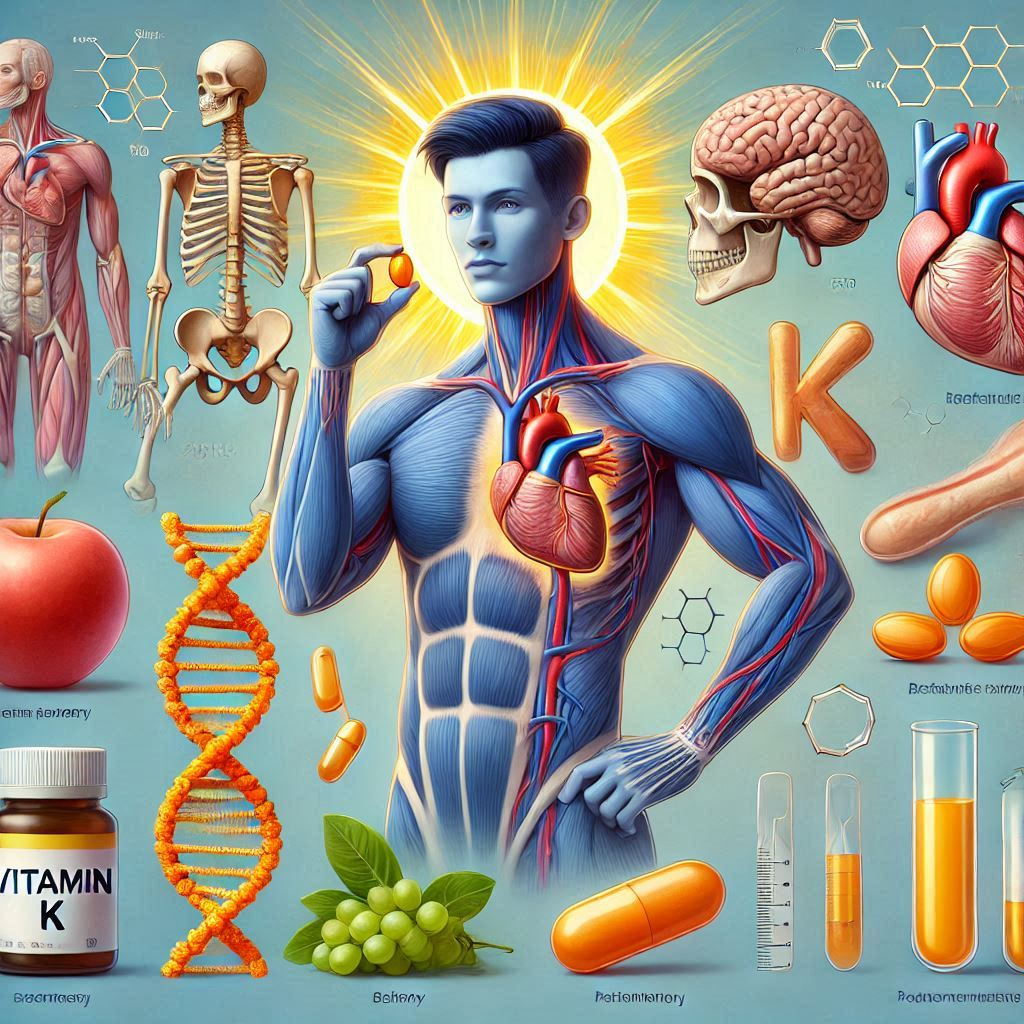
One Comment
Pingback: